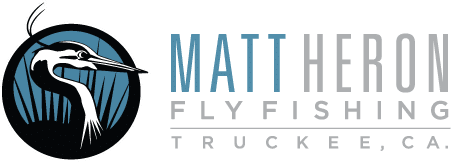As fly fishers and outdoor enthusiasts, we all know what beautiful B.C has to offer in terms of experience and resource. Some of the world’s largest salmon runs, pristine anadromous waters, and remote mountainous terrain make it a top-tier travel destination for anglers.

Off the southern edge of British Columbia lie the Discovery Islands, an archipelago that an estimated one-third of all wild salmon navigate through. It is also home to tens of net pens, which are factory-sized fish farms. Nineteen specific net pens are unique because of what their product is: Atlantic salmon.
As one may assume by their name, Atlantic salmon belong in the Atlantic Ocean. British Columbia has been allowing Norwegian companies to farm Atlantic salmon off the Pacific coast. The salmon farming industry was sent into a spin with the news that these fish farms licensing would not be allowed renewal this year. These Atlantic salmon farms account for roughly 30% of the salmon production in B.C.
Though some are taking up opposition of this decision, many anglers, especially steelhead fishers, are backing it for the future of wild fish. Alexandra Morton of Swing The Fly writes “There are now more Atlantic salmon in a single salmon farm than sockeye in the entire Fraser River watershed.”

Declining salmon over the Discovery Islands has been pointing to the absence of juvenile salmon, who aren’t making it through the fish farms. The fish farms are providing a haven for sea lice and bacterial infections that are easily spread to the wild juvenile fish. Research has also showed that sea lice have a much more damaging effect on ild sockeye than farmed Atlantic salmon.
With 19 Atlantic salmon farms to close within the next 18 months, there is some hope on the horizon for the wild fish of British Columbia, as well as for any states that follow this lead(Washington has taken encouraging actions like this example). As fisheries management gets more responsible and wild fish gain support, the future may not be as dim as it is now.
For more information and a larger story, check out this article on Swing The Fly.
Ryan Rintala | Social Media @mattheronflyfishing

Recent Comments